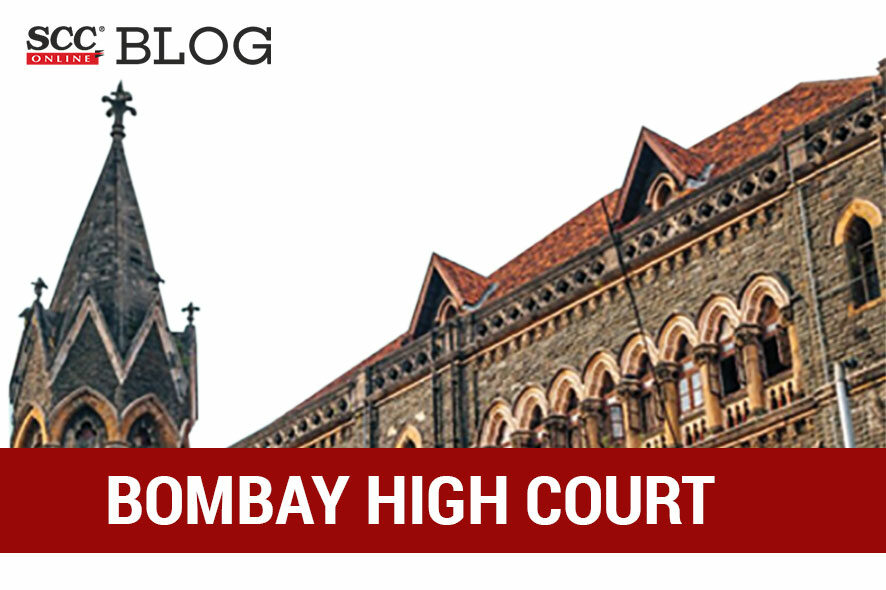Bombay High Court: In a Public Interest Litigation seeking investigation by the Central Bureau of Investigation (‘CBI’) and the Enforcement Directorate (‘ED’) against various office bearers of the Shivsena Party including Uddhav Thackeray alleging economic offences and disproportionate assets, the Division Bench of Dhiraj Singh Thakur* and Valmiki S.A. Menezes, JJ. dismissed the petition and held the same to be an abuse of the process of law.
The present petition sought a writ of mandamus to the CBI and ED for taking cognizance of the complaint filed with the Mumbai Police against the office bearers of Shivsena party, stating that the Mumbai Police did not investigate into the complaint alleging commitment of serious economic offences and corruption. The petition further alleges assets disproportionate to the known sources of income, stated to be Benami Transactions.
Referring to Corona period when entire print media was facing heavy losses, the petition points at ‘Prabodhan Prakashan Private Limited’, company owned by Thackeray family, showing a turnover of Rs 42 Crores and a book profit of Rs.11.5 crores, questioning the periodicals not being subjected to Audit Bureau of Circulation.
The Court relied on Sakiri Vasu v. State of U.P., (2008) 2 SCC 409 wherein, it was held that the High Court should not ordinarily interfere with matters of grievance related to registration of FIR or conduct of investigation and relegate the petitioner to avail alternate remedy. The Court further relied on CBI v. State of Rajasthan, (2001) 3 SCC 333 providing that Magistrate cannot give directions for an offence to be investigated by a particular agency, and that there is no such right except for offences to be investigated properly, as provided in CBI v. Rajesh Gandhi, (1996) 11 SCC 253.
The Court observed that the petitioner’s choice of investigating agency would not determine maintainability of the petition or oblige the Writ Court to entertain and issue directions under the same.
The Court also referred to Radha Krishan Industries v. State of H.P., (2021) 6 SCC 771 and reiterated the settled principle of writ remedy being discretionary in character except for matters of urgency like fundamental rights, natural justice, etc.
The Bench also referred to Common Cause v. Union of India, (1999) 6 SCC 667 wherein, the Supreme Court held direction to CBI to investigate ‘any other offence’ as “wholly erroneous and contrary to the concept and philosophy of ‘LIFE’ and ‘LIBERTY’ under Article 21 of Constitution of India”. The Court further referred to several other cases clarifying the Court’s power under Article 32 and 226, including Kalyaneshwari v. Union of India, (2011) 3 SCC 287 regarding the care and caution exercised by Courts while entertaining PILs against private malice.
As against the reliance of petitioners on Param Bir Singh v. State of Maharashtra, 2021 SCC OnLine SC 3227, the Bench clarified that the Court did not direct CBI for registration of FIR but for initiation of preliminary inquiry into the petitioner’s complaint based on peculiar facts.
The Court commented that “the petitioners are attempting to seek a roving probe, monitored by this Court into the suspicions so entertained by the Petitioners based on nothing but bald allegations. This is thus certainly not a case warranting the exercise of extraordinary jurisdiction under Article 226 of the Constitution of India.” The Court dismissed the present petition with costs and held the same to be an abuse of the process of law.
[Gouri Abhay Bhide v. Union of India, 2023 SCC OnLine Bom 607, judgment dated 14-3-2023]
*Judgment authored by: Justice Dhiraj Singh Thakur.
Advocates who appeared in this case :
Senior Advocate Aspi Chinoy, Senior Advocate Ashok Mundargi, Public Prosecutor A.S. Pai, Additional Public Prosecutor M.H. Mhatre.






